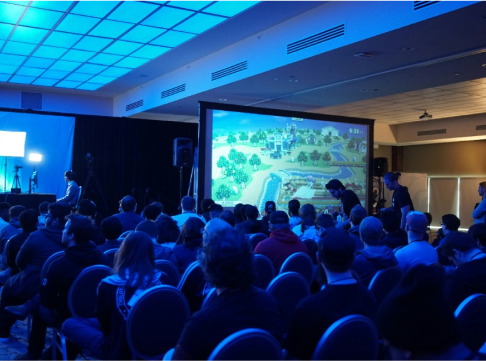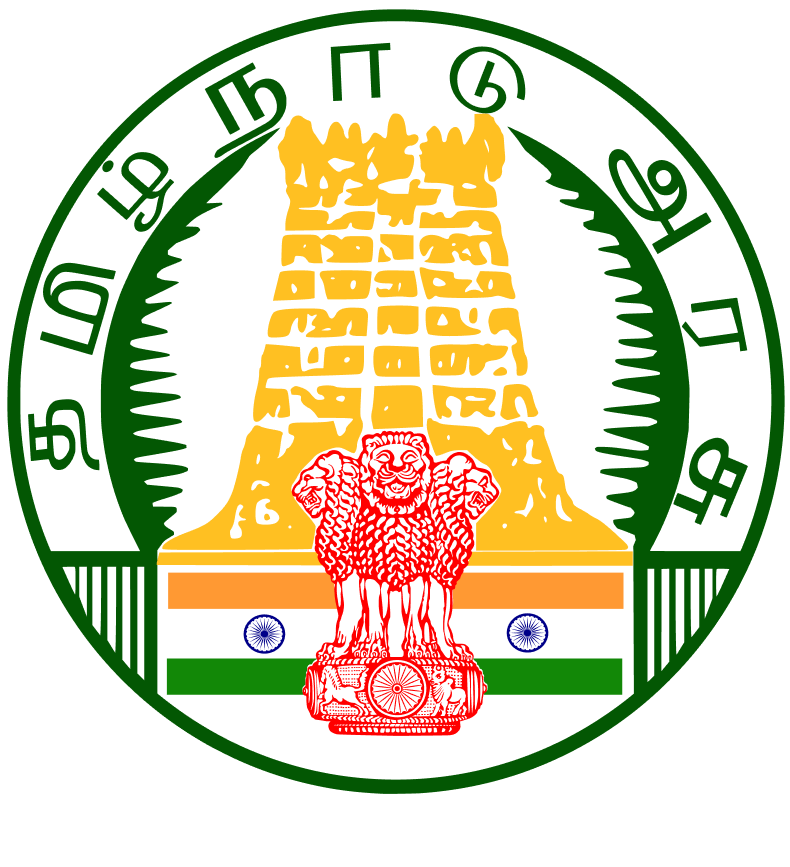The focus areas of the project include eco-friendly urbanization, agriculture, sustainable water and land resource management, sustainable tourism, renewable energy infrastructure, and natural landscape conservation, aiming to balance economic growth, environmental protection, and social well-being. Research studies in 6 focus areas are conducted with reputable institutions, organizations, and departments, supporting data updates for the Land Use information system and TNSLURB works.
Sustainable land-use systems shall alleviate poverty, secure livelihoods, and sustain natural resource utilization.
Sustainable land-use ensures sustainable food production and resilient agricultural practices, which increase productivity.
Integrated land use planning and sustainable management of water resources help to achieve access to water for all.
Land use planning is intrinsically linked to the promotion of renewable energy and the reduction of GHGs.
Sustainable land use practices create economic opportunities, promote sustainability, and protect livelihoods.
Sustainable land use practices promote resilient infrastructure, inclusive and sustainable industrialization.
Land use has linkages with urban climatology and city architecture. Integrated land use planning helps in improving urban living.
Sustainable land management and optimal resource utilization help to integrate environmental sustainability with growth.
Proper land-use planning helps in reducing emissions through deforestation, unscientific land use, and livestock production.
Sustainable land use helps in reducing the impact of land-based activities on marine ecosystems.
Sustainable land use underpins ecosystem protection and the conservation of biodiversity.
Land Use Information System (LUIS) act as a tool to develop policies and studies that supports the Government departments in taking policy decisions. LUIS is envisioned as a platform to overlay different data sets generated out of research and studies through the State Land Use Research Board and other allied institutions.


TNSLURB conducts workshops aiming to facilitate dialogue, analysis, and the development of recommendations to address pressing societal, environmental, and economic issues.

